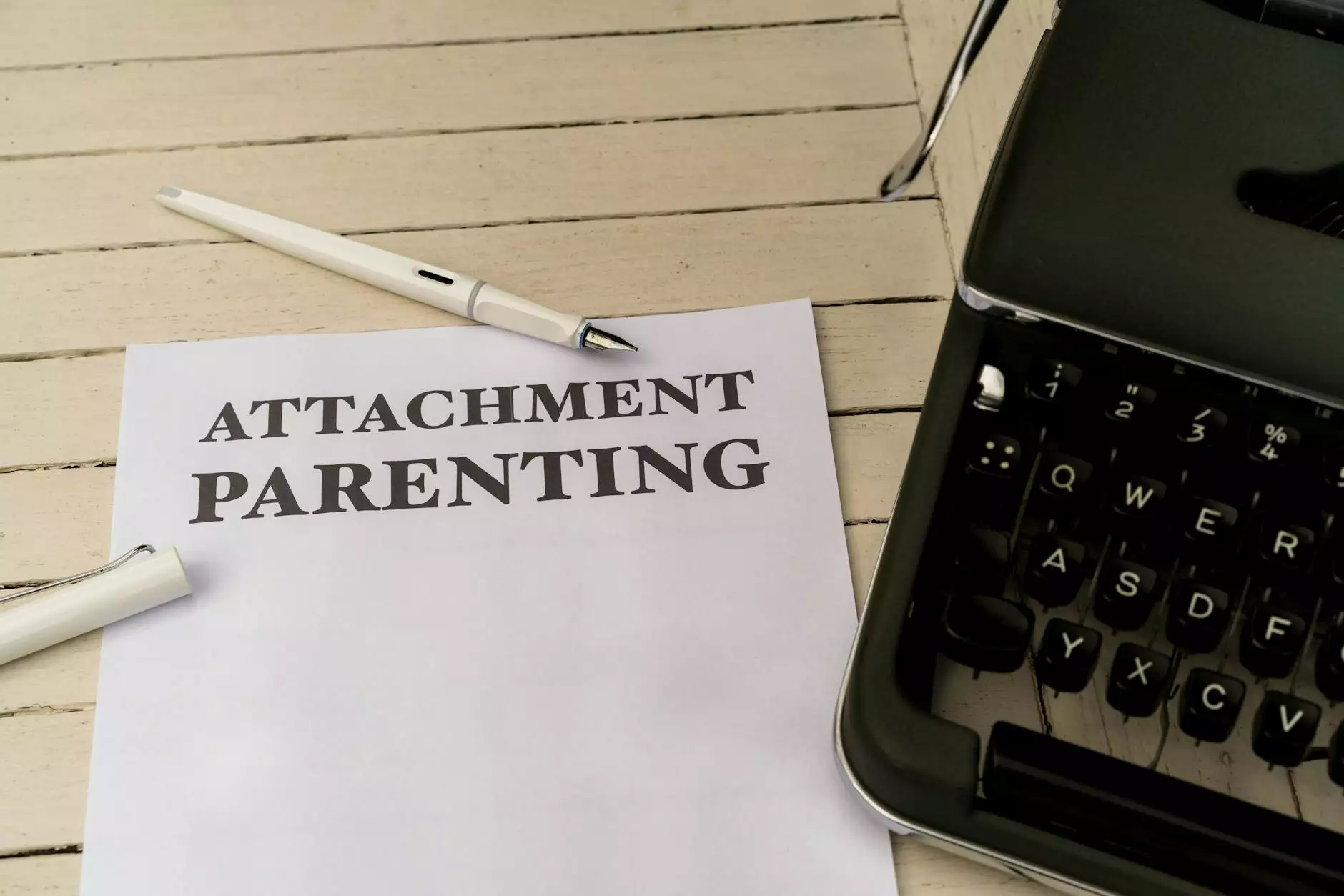Exploring the Depth of Non Retrogradable Rhythms: A Definition of Empathy

In the world of music, the concept of non retrogradable rhythms presents a fascinating study of time and sequence. Coupled with the profound essence of the definition of empathy, this article seeks to intertwine these concepts, revealing how they can transform both musical expression and interpersonal connections. By delving deep into the meaning of these terms, we can uncover not only their individual significance but also how they relate to each other in our daily lives.
Understanding Non Retrogradable Rhythms
To fully grasp the meaning of non retrogradable rhythms, we must first examine the fundamental principles of rhythm itself. In music, rhythm is a set of patterns that dictates the timing of notes and chords. It serves as the backbone of musical compositions, providing a framework within which melodies can unfold. However, when we specify "non retrogradable," we refer to those rhythmic patterns that are strictly forward-moving and cannot be retraced or reversed.
Characteristics of Non Retrogradable Rhythms
- Unidirectional Flow: These rhythms convey a sense of progression that is linear and continuous.
- Pulsating Energy: The forward momentum creates an energy that drives the music forward, captivating the listener's attention.
- Emotional Engagement: As the rhythm persists without reversal, it engages the audience emotionally, reinforcing their connection to the musical piece.
Historical Context and Examples
The concept of non retrogradable rhythms has been explored throughout musical history. It expands across multiple genres, from classical to jazz, and is especially prominent in the works of renowned composers like Igor Stravinsky and Béla Bartók. For instance, Stravinsky’s The Rite of Spring showcases powerful rhythms that create an unyielding forward momentum, captivating audiences and evoking deep emotional responses.
The Definition of Empathy: A Psychological Insight
Empathy, a key cornerstone in psychology, refers to the ability to understand and share the feelings of others. It is a complex emotional experience that involves deep cognitive and emotional processes. The definition of empathy can be broken down into several components:
Components of Empathy
- Cognitive Empathy: This involves understanding another person’s perspective or mental state.
- Emotional Empathy: This is the ability to feel the emotions that another person is experiencing.
- Compassionate Empathy: This goes a step further, as it combines the understanding and feeling with the desire to help.
The Importance of Empathy in Human Connections
Empathy plays a crucial role in fostering genuine relationships. In today's interconnected world, the ability to empathize enhances our communication and collaboration skills, allowing us to connect with others on a deeper level. Understanding the definition of empathy not only enriches personal relationships but also informs the way we engage in community and social structures.
The Synergy Between Non Retrogradable Rhythms and Empathy
At first glance, non retrogradable rhythms and empathy may seem worlds apart. However, both concepts share a core aspect of progressive movement, whether in music or human emotion. Just as a non retrogradable rhythm consistently advances without looking back, empathy propels individuals forward in their understanding of each other’s experiences.
Emotional Resonance in Music and Empathy
When we listen to a powerful piece of music characterized by non retrogradable rhythms, our emotional state can resonate with the energy and flow of the music. This rhythmic and emotional engagement can enhance our feelings of empathy toward others, as the music inspires a deeper awareness of the human experience. We feel connected to the storytelling that unfolds through sound, mirroring our own feelings and experiences.
Empathy in a Musical Context
Musicians often use non retrogradable rhythms to evoke specific emotional responses in their audiences. For example, in a symphonic piece, the rhythmic progression can build up an emotional arc that encourages listeners to empathize not just with the music but also with the emotions and stories behind it. This deep connection can foster a broader understanding and compassion for experiences vastly different from our own.
Applications in Business: Fostering Empathy through Music
In the realm of business, the understanding of both non retrogradable rhythms and empathy can be particularly advantageous. Companies can cultivate a more empathetic workplace culture by harnessing the power of music to connect with employees and clients alike.
The Role of Music in Enhancing Workplace Culture
- Team Morale: Playing music with engaging rhythms can uplift the atmosphere, making employees feel more connected.
- Creative Collaboration: Non retrogradable rhythms can inspire brainstorming sessions, encouraging creative thinking and bonding among team members.
- Empathetic Leadership: Leaders who understand empathy can use music as a tool to relate to employees better, enhancing communication and understanding.
Connecting with Clients through Musical Empathy
Businesses can also utilize the principles of empathy in their marketing strategies. By understanding their clients’ needs and feelings, companies can create solutions that resonate on a deeper emotional level. Music can be a powerful medium to reflect a brand’s values, evoke an emotional response, and build lasting relationships with audiences.
Conclusion: Harmonizing Non Retrogradable Rhythms and Empathy
In essence, the synthesis of non retrogradable rhythms with the definition of empathy provides a captivating lens through which we can view both music and human relationships. As we embrace the unwavering forward motion of non retrogradable rhythms in music, we can mirror that progression in our efforts to understand and engage with one another on a deeper, more meaningful level. By fostering a culture of empathy—both in personal and professional realms—we not only enhance our musical experiences but also enrich our human connections, creating a world that thrives on understanding and compassion.
Join the Conversation
How have you experienced the interplay of music and empathy in your life? Share your thoughts and experiences with us at thesoundstew.com, and let's continue exploring the beautiful connections that exist between these powerful concepts.
non retrogradable rhythms definition of empathy


